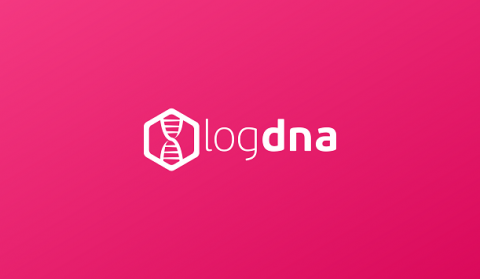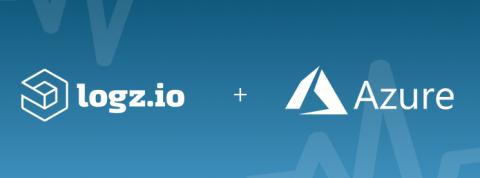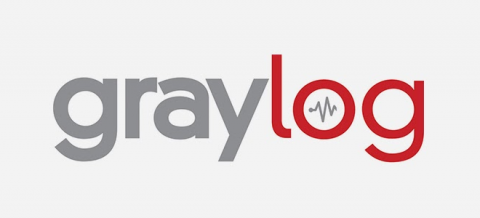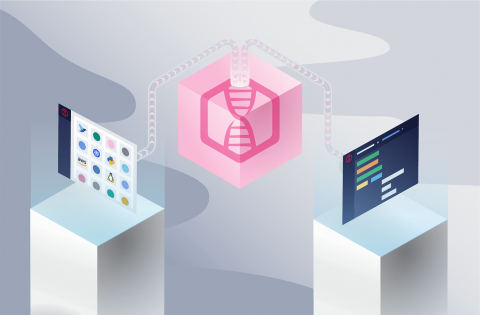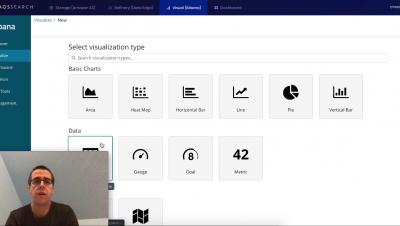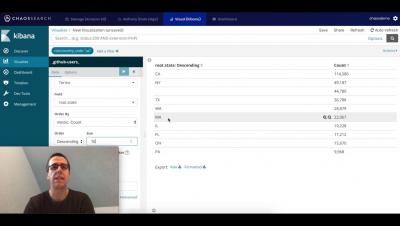6 Things To Consider When Choosing A Log Management Solution
The days when you could simply SSH into a server and perform a fancy grep are long gone. If you’re reading this article, chances are either you are looking to move from that obsolete approach to a centralized logging approach with a log management tool, or you are looking for an alternative log management tool to replace your existing solution. Problem is, there are so many different tools out there, making a choice can be overwhelming. So how do you pick the right solution?



